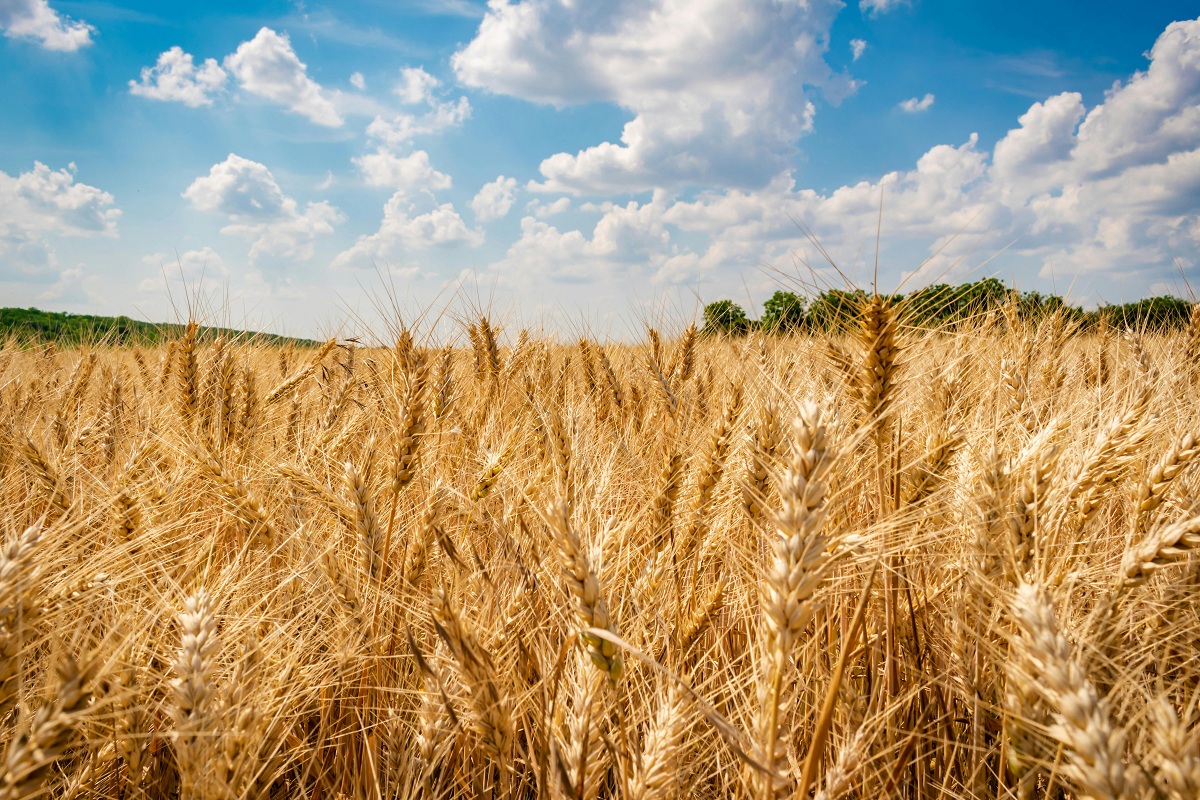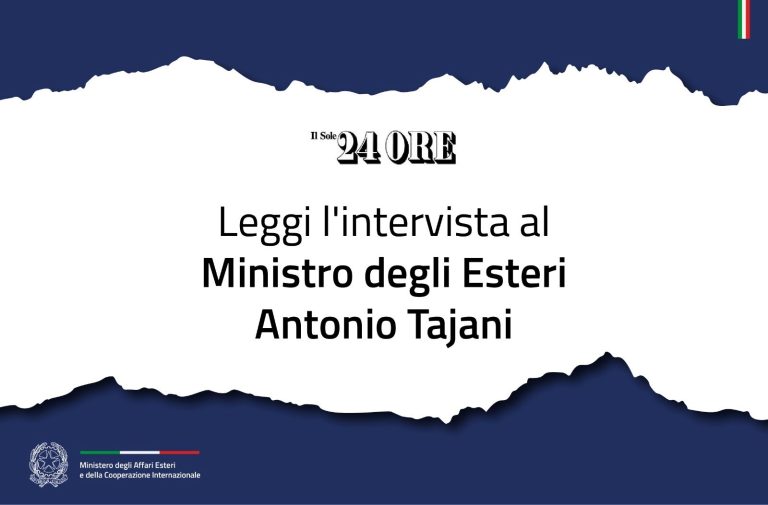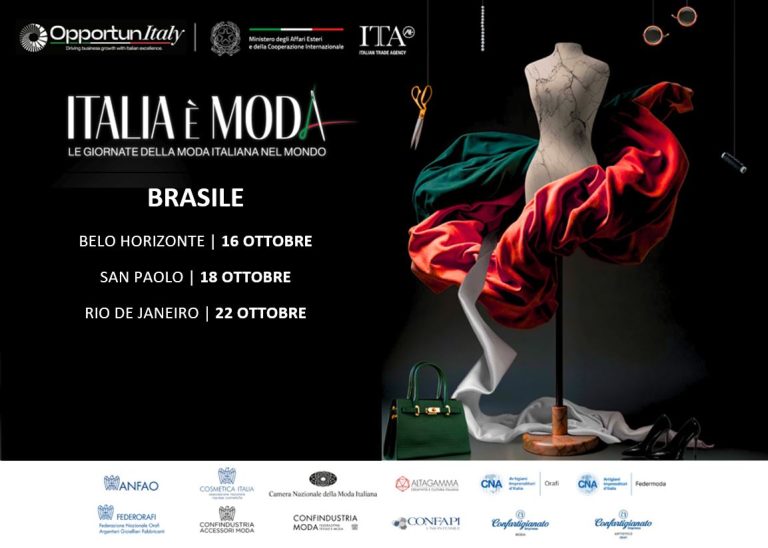With 152.5 million hectares of arable land, Brazil is the world’s third largest agricultural producer, after the United States and China, and among the main exporters of coffee, soybeans and sugar cane. The country is a leading player in the sector and, at the same time, an evolving ecosystem, where the scale of production combines with a growing demand for technologies, sustainability and innovation. In this context, concrete opportunities emerge for Italian companies, whose complementarity with the Brazilian economy provides considerable potential.
The size of Brazilian production is a key factor. The cultivation of cereals, soybeans and corn fuels growing domestic and international demand. Forecasts for the next decade point to a 27% increase in cereal production, with an expansion of cultivated areas that is expected to reach 92.2 million hectares. This dynamic, which in some areas allows up to three harvests per year, generates a specific need for infrastructure. There is a strong and growing demand for silos and mills, especially in the State of Mato Grosso. In this area, efficiency in storage and initial processing becomes an important factor of competitiveness and generates large market opportunities for mechanics.
While maintaining a leading position in coffee production, the sector is increasingly focused on improving quality and increasing value added. To this end, Brazilian companies are investing significantly in precision agriculture. There is therefore a growing demand for AI-related technologies, with local companies looking for partners for the implementation of predictive algorithms, IoT sensors and drones for crop monitoring. The goal is to optimize the use of resources, reduce waste and increase productivity and sustainability.
The livestock sector, in which Brazil is the world’s second largest producer of beef, is faced with the need to respond to the growing international attention paid to sustainability, as highlighted by the European Union (EU) regulation on deforestation. This context favours the adoption of technologies for monitoring, efficient management of pastures and traceability of the supply chain. Furthermore, thanks to its vast territorial extension and vegetation, Brazil is emerging as a potential exporter of carbon credits. Estimates show that the Brazilian market for the sector could reach a value of 72 billion dollars by 2030, providing the opportunity to invest in certified projects and participate in sustainability programs.
The wine-growing sector is also showing signs of growth. The expansion of grape and wine production is raising growing interest in winemaking equipment. A potential that could be strengthened by the upcoming entry into force of the EU-Mercosur Agreement (the South American Common Market). According to estimates by the European Commission, the agreement provides for the elimination of some tariffs that, for wine, could reach 35%, as well as protection from imitations of 57 Italian products with geographical indications.
Mercosur
Concluded in December 2024 after more than twenty years of negotiations, the EU-Mercosur Agreement, once ratified by the Member States of both regional blocs, will have a significant impact on the agri-food trade, removing the barriers that currently limit the high potential of Italian exports.
According to estimates by the European Commission, the tariffs applied by Mercosur on EU agri-food products could reach 55%, actually limiting market access. The Agreement instead provides for the phasing out of these tariffs, with a complete elimination for key products such as wine, which currently faces duties of up to 35%, and olive oil, with tariffs of up to 31.5%.
Besides the tariff aspect, the Agreement will introduce a protection mechanism for around 350 food and drink products of the European Union from imitations in Mercosur countries. For Italy, this will mean protection of 57 geographical indications, including excellences such as Parmigiano Reggiano, Prosciutto di Parma, Mozzarella di Bufala Campana and wines such as Barolo and Chianti.






